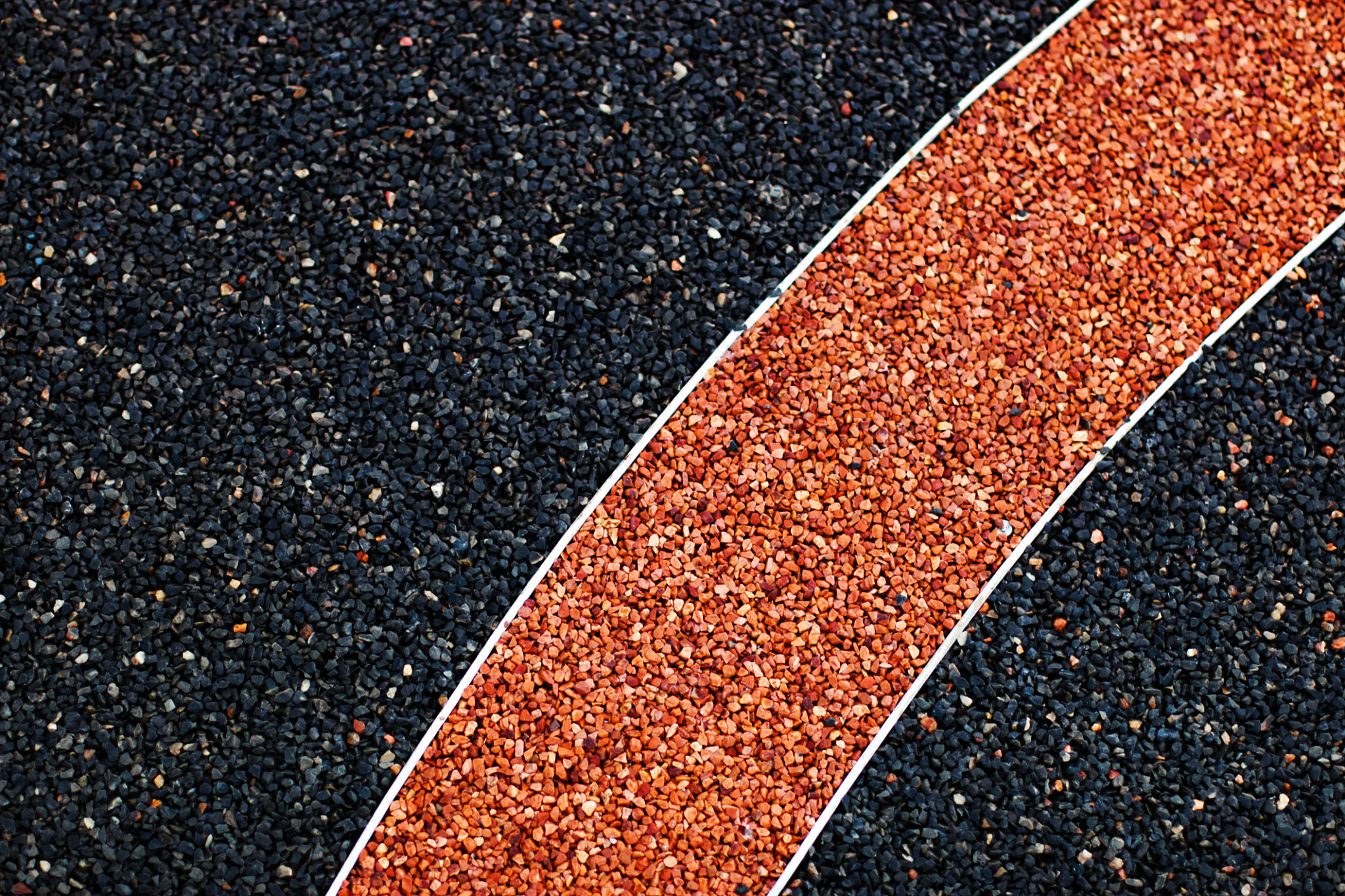Transforming Your Outdoor Space: Resin-Bound vs. Block Paving
PP
Introduction to Transforming Your Outdoor Space
When it comes to enhancing the aesthetics and functionality of your outdoor space, choosing the right paving solution is crucial. Two popular options are resin-bound surfaces and block paving. Each method offers unique benefits and potential drawbacks, making it essential to understand what each entails before making a decision.
Understanding Resin-Bound Surfaces
Resin-bound surfaces are created by mixing resin with aggregates and then applying the mixture onto a prepared surface. This technique results in a smooth, seamless finish that is both visually appealing and highly functional. One of the main advantages of resin-bound surfaces is their permeability, allowing water to drain through effectively, which reduces the risk of flooding.

Additionally, resin-bound surfaces offer a high degree of flexibility in terms of design. With a wide variety of colors and aggregate sizes available, homeowners can customize their outdoor spaces to fit their personal style. Durability is another significant benefit, as these surfaces are resistant to cracking and can withstand heavy foot traffic.
Diving into Block Paving
Block paving involves laying individual blocks or bricks in a specific pattern to create a paved area. This traditional method is known for its classic look and timeless appeal. One of the standout features of block paving is its strength and durability, making it an excellent choice for driveways and areas subjected to heavy loads.

Another advantage of block paving is its ease of maintenance. Individual blocks can be replaced if damaged, without disrupting the entire paved area. Furthermore, block paving offers a range of patterns and colors, allowing homeowners to achieve a bespoke look that complements their property.
Comparing Installation Processes
The installation process for resin-bound surfaces is relatively quick and straightforward, often requiring less labor compared to block paving. This can result in cost savings on installation fees. The surface is applied in one go, creating an even layer that is ready for use within a few hours.

In contrast, block paving requires more time and precision during installation. Each block must be placed individually, ensuring alignment and even spacing. Although this process can be labor-intensive, it provides a robust and long-lasting surface that many homeowners find worthwhile.
Weighing Long-Term Benefits
When considering longevity, both resin-bound surfaces and block paving have their strengths. Resin-bound surfaces are low-maintenance, requiring only occasional cleaning to keep them looking pristine. They are also resistant to weeds and moss growth, which can be a significant advantage for busy homeowners.
Block paving, while also durable, may require more frequent maintenance to prevent weed growth between the joints. However, its ability to withstand significant weight makes it an excellent choice for areas used by vehicles.
Making the Right Choice for Your Space
Choosing between resin-bound surfaces and block paving ultimately depends on your specific needs and preferences. If you prioritize design flexibility, low maintenance, and permeability, resin-bound surfaces may be the ideal choice. On the other hand, if you value traditional aesthetics, strength under heavy loads, and easy repair options, block paving might be more suitable.
Consider consulting with a professional landscaper or contractor to evaluate your space and help you make an informed decision. Both options have their merits, and the best choice will complement your lifestyle and enhance the beauty of your outdoor area.
